Revolution. Freedom. Egyptian student at Suffolk happy and hopeful for Egypt’s future
February 16, 2011
The Egyptian revolution “was kind of expected and not expected in a way,” said Joy Mihanni, an Egyptian student at Suffolk. “Everyone who knew Egypt pretty well [knew] there were people who said they would never revolt against the corruption that was happening. So a lot of people didn’t have any faith. But [there were also] a lot of people did and said that one day it will happen.”
“I was one of those people who believed that it would.”
Mihanni is a 19-year-old psychology major who experienced the revolution of her country here in the U.S. She was born in America and lived here until she was in second grade, when she then moved and lived in Cairo for four and a half years. Her parents are originally from Egypt. The Journal got an interview with Mihanni to get another perspective on the historical recent events in Egypt that displaced the President Hosni Mubarak after a 30-year reign.
Journal: So how do you feel about the revolution?
Mihanni: “It was pretty scary, because I have family over there, for the first few days that it was happening.”
Journal: Is your family safe?
Mihanni: “They’re fine. They cut off all Internet and phone services, so there was no way there was no way to contact them. We were just very worried and very tense the whole time. When we finally got what we got out of all the protesting and revolution we were all really happy and ecstatic. I know bunch of people who cried because they were so happy.”
Journal: How was experiencing this in the U.S.? Was it difficult?
Mihanni: “It really was [difficult]. I have another friend here who I grew up with in Egypt and she goes to Northeastern. We were watching the news together almost every day and wishing we could be there even through the bad times just to experience it. Of course the experience on the 11th when we won was still kind of hard.”
Journal: We’ve heard some of the news coverage in the U.S. was tweaked and inaccurate. What did you think?
Mihanni: “We mostly stuck to CNN and everything was pretty legitimate as far as the fact that we already knew about Egypt. We especially stuck to Anderson Cooper because he was very very compassionate about the story and he was telling the truth about everything. As far as other news, I’m not too sure.”
Journal: Are you happy Mubarak is out of power?
Mihanni: Yes, very happy.
Journal: What do you see is next for Egypt?
Mihanni: “Hopefully what the people want is democracy and further rights, so no more corruption throughout all of Egypt and just for them to have a better life because I think they really deserve it.”
Journal: So following this from the U.S., did you partake in any of the social media aspects? From what we’ve kept up with the whole time, Twitter and Facebook and YouTube were huge tools for the revolution.
Mihanni: “I was following a few groups on Facebook. One was actually in Arabic that I followed and, once the Internet came back, they’d post videos of what’s going on in Tahrir Square. Another group was in English and they kind of did the same thing.”
“For Twitter, I don’t have an account but I did go on the site a few times and typed in ‘Egypt’ to see what came up and read a few of the tweets, but that was it.”
Journal: When there was the Internet blackout, how did you contact anyone in Egypt? Was there anything you could do?
Mihanni: “We tried so many ways to contact people [in Egypt], but we couldn’t. There was absolutely no way. I talk to a bunch of my friends over BBM (Black Berry Messenger) and that wasn’t working either. They were cut off from the rest of the world. It was awful.”
Journal: Are you headed back to Egypt anytime soon?
Mihanni: “I am actually, right after school is done. I usually go and spend the entire summer. I’m hoping to study abroad there for the fall at the AUC, the American University in Cairo.”





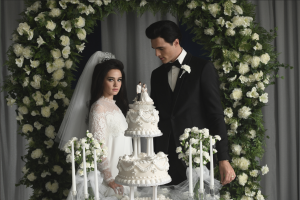


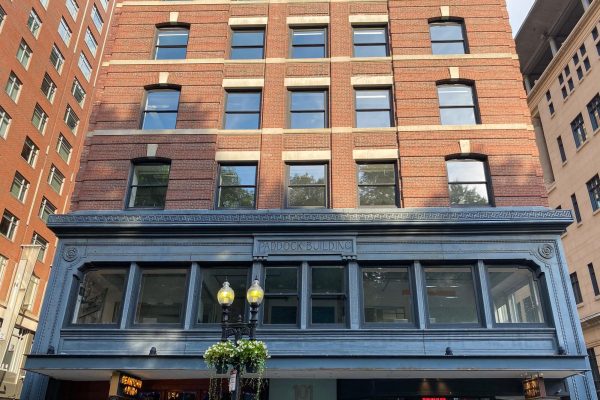
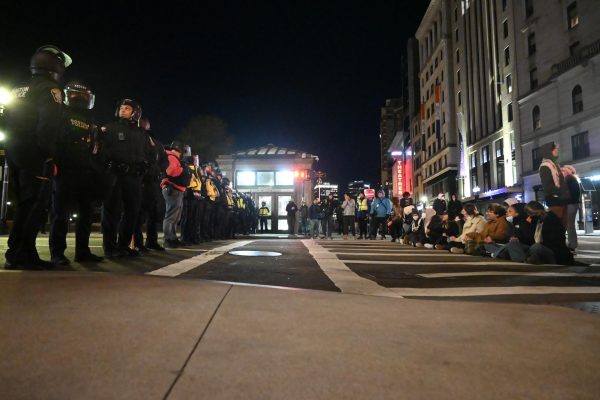
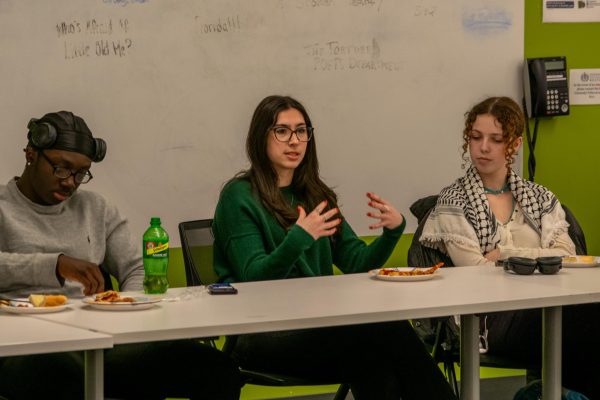

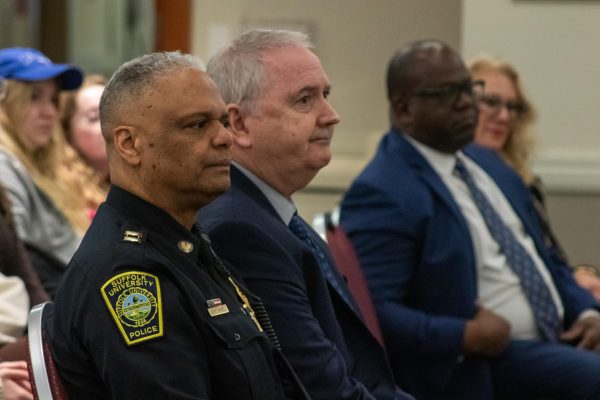
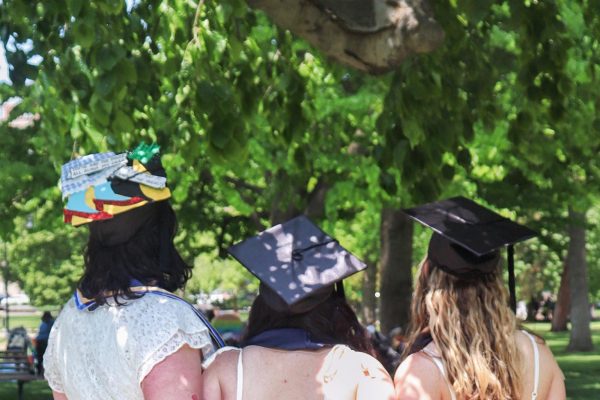
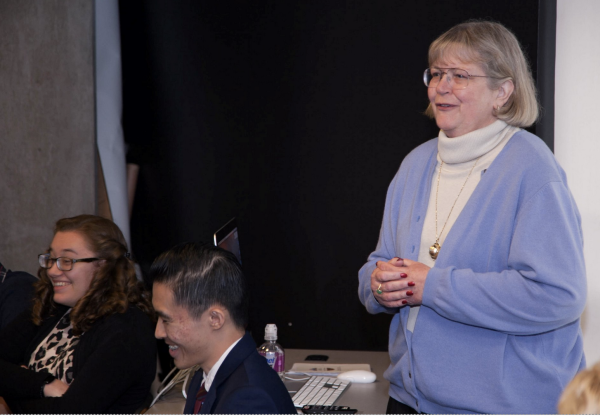
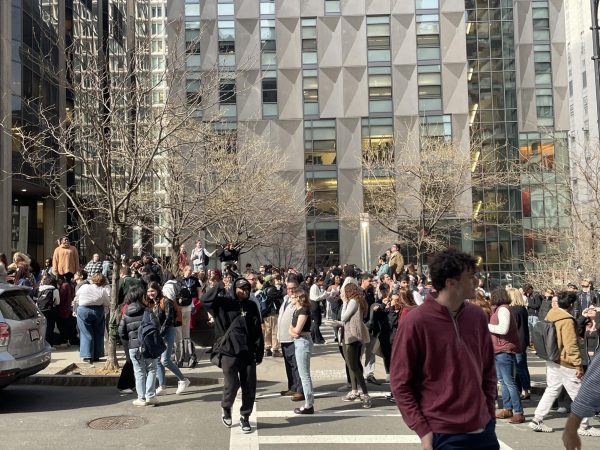
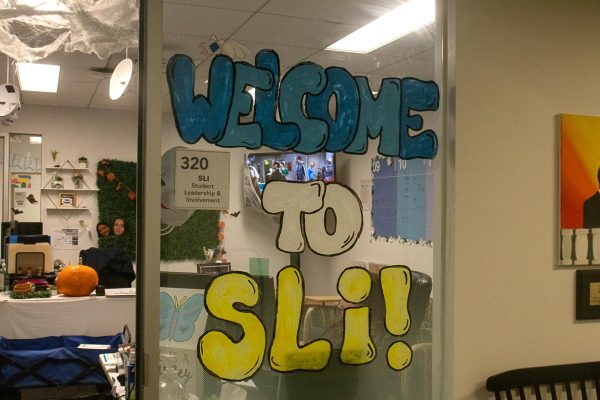
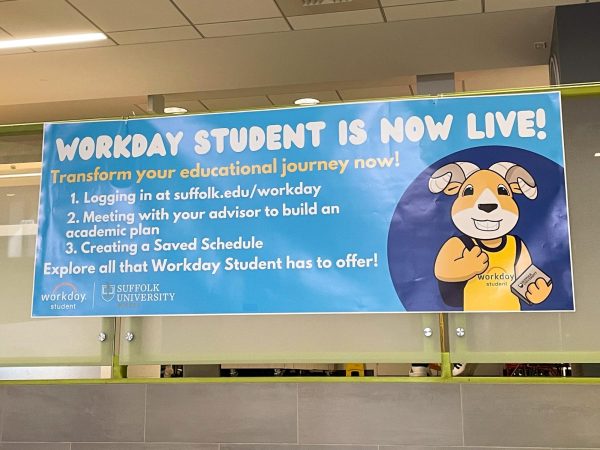
Peter • Feb 13, 2012 at 12:36 pm
Joy is brilliant.